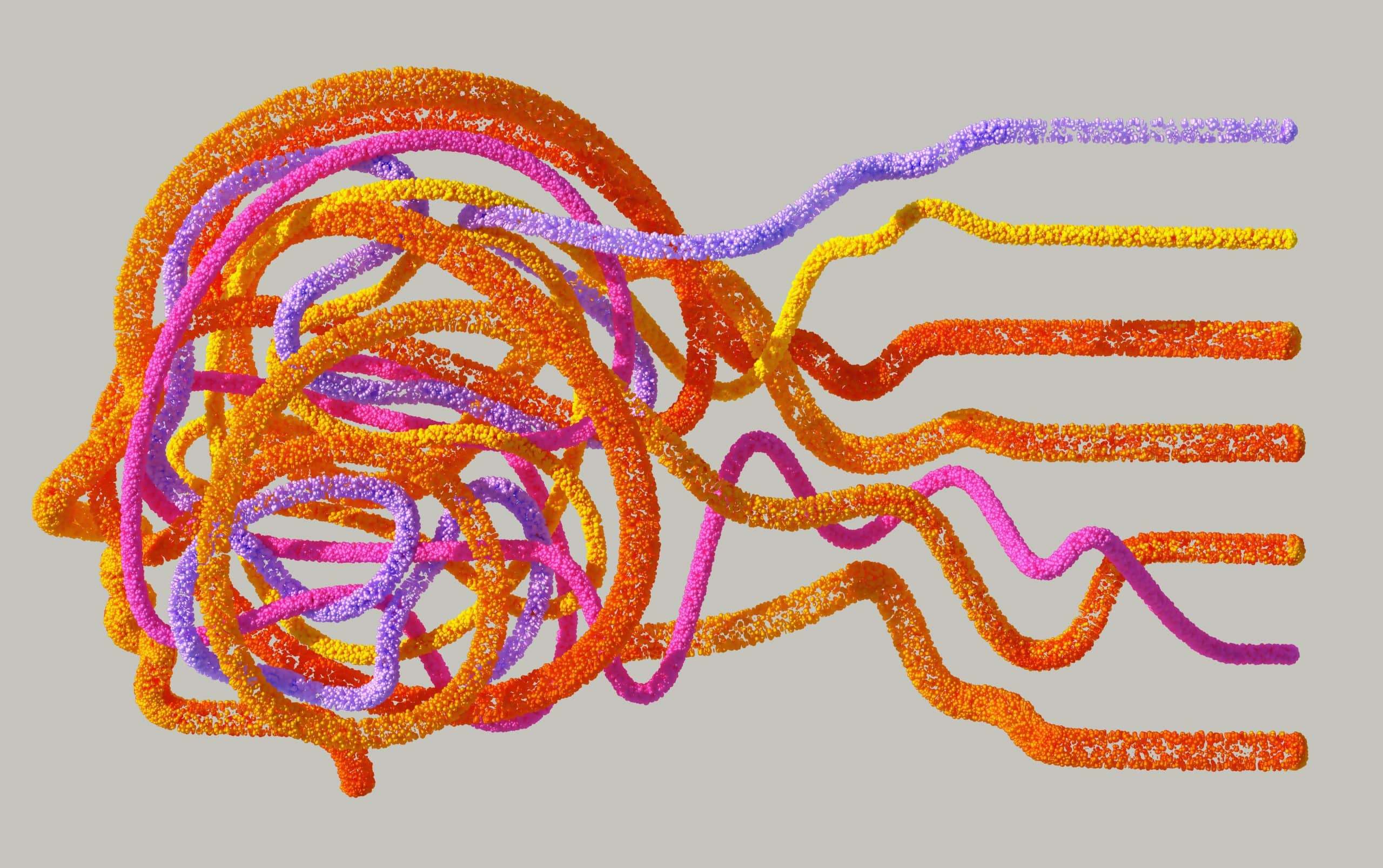Obsessive-compulsive personality disorder (OCPD) causes an intense obsession within people to seek out perfectionism and control in every situation. By affecting one’s behavior, this disorder makes maintaining relationships and completing tasks nearly impossible. In other words, OCPD compels its victims into following routines even to their own detriment.
As an anxiety disorder, OCD causes people to develop frequent intrusive thoughts that may turn into obsessions or compulsions. For example, someone with OCD may adopt repetitive behaviors such as flipping light switching or washing hands a certain number of times.
Regarding their differences, people with OCD are usually aware of their troubling behavior unlike those who struggle with the personality disorder. Due to their lack of self-awareness, mental healthcare professionals struggle to help these individuals as they generally believe they are perfectly fine despite any evidence to the contrary.
Personality Disorders are the Master of Disguise
Similar to other personality disorders, OCPD is likely to develop during late teens and early adulthood. People with other mental conditions can also develop this mental condition. Some examples of these conditions include people with anxiety disorders including OCD, other mood disorders, and even moderate substance abuse. Moreover, some studies suggest that OCPD affects more people in America, as it’s the most common personality disorder affecting the populace.
Unfortunately, OCPD has various faces as it affects people differently and even these people can be unaware of their struggles. However, some common behaviors have been noticed in these individuals, such as perfectionism and intense obsessions with details and order. In short, these individuals become devoted to work or their productivity and neglect their loved ones in their pursuits.
Due to their need for control, these individuals have difficulty maintaining their relationships. Specifically, OCPD can trigger an increase in dichotomous thinking that leads to the development of an authority mindset. Additionally, since OCPD centers around perfectionism, these individuals develop a fear of failure that stops them from partaking in any activities, in order to avoid failure.
The Complicated History of Personality Disorders
While obsessive-compulsive personality disorder is mostly unrecognized, personality disorders as a mental health condition is poorly understood. Even today, researchers are still trying to find out what triggers the disorder, and most importantly, how to cure it. So far, researchers have found promise with genetic factors being the cause.
Mainly, genetics proves to be a likely cause of the disease as scientists have found a gene that may be behind OCPD’s formation. With that said, researchers are also discovering genes linked to aggression and anxiety as well. Lastly, it can be argued that the disorder might be genetic as higher cases of development happen mostly between families with histories of anxiety and personality disorders.
The Elusive Nature of Obsessive-Compulsive Personality Disorder

Comparatively, mental healthcare professionals struggle with diagnosing and helping people who have OCPD as they don’t seek out treatment. Usually, people with this personality disorder aren’t even aware they have a problem and that they need treatment. Again, this unawareness explains why OCPD from its main counterpart, OCD, as personality disorders corrupt the thinking and behavior of its target.
With this gradual personality shift, these individuals come to believe they are right. However, unlike a narcissist, their grandiosity isn’t developed from an obsessive desire for validation but control. Therefore, mental healthcare professionals engage in a waiting game for people who struggling with the disorder. Usually, these individuals seek help for other anxiety issues or depression.
The Easy Process of an OCPD Diagnosis
The treatment process for OCPD is fairly simple, starting with general questions to create a warm and safe environment. These questions tend to focus primarily on these individuals’ relationships and working history.
Understandably, since this disorder can affect people’s self-awareness, mental healthcare professionals tend to work mostly with family and friends. By communicating with loved ones and other acquaintances, mental healthcare professionals collect additional information about their behaviors and personal history.
Overall, a diagnosis for OCPD is made, with a singular focus on order, perfectionism, and complete control of everything. Alongside their obsessive personality, these individuals must portray at least four of the symptoms previously mentioned.
Psychotherapy Treatments
On the same note, psychotherapy, or talk therapy, has proven the best treatment method for the disorder. Generally, psychotherapy allows mental healthcare professionals to help people uncover their inner fears and motives behind their thoughts and behaviors to remedy their symptoms.
Primarily, mental healthcare professionals rely on two types of psychotherapies to help people with OCPD. First, psycho-dynamic therapy focuses mostly on people’s personal history of emotional trauma. Alternatively, cognitive behavior therapy (CBT) is centered around goal setting rather than self-reflection, with those struggling to ultimately unlearn negative thinking behaviors.
Currently, medications for personality disorders are nonexistent. However, people suspected of struggling with OCPD may benefit from medication designed for other anxiety disorders and depression, as they may also have these conditions.
Final Thoughts
It is important to note that people struggling with a mental or personality disorder are most likely suffering on the inside. It is very hard for some of these individuals to get through each day. Please seek help for yourself or a loved one if you are concerned about their behavior or state of mind. The OCPD Foundation has resources for people with the disorder. Support groups for people struggling with OCD can be found here.
This article is intended simply to provide information. It is not intended to replace advice from a physician.
For More Great Content
Total Apex is an all-encompassing content producer. We provide heavily-detailed articles every day on entertainment, gaming, sports, and so much more! Check out all our great sports content Total Apex Sports. Check us out on X @TotalApexEandG and our other sites: Total Apex Sports Bets and Total Apex Fantasy Sports.









